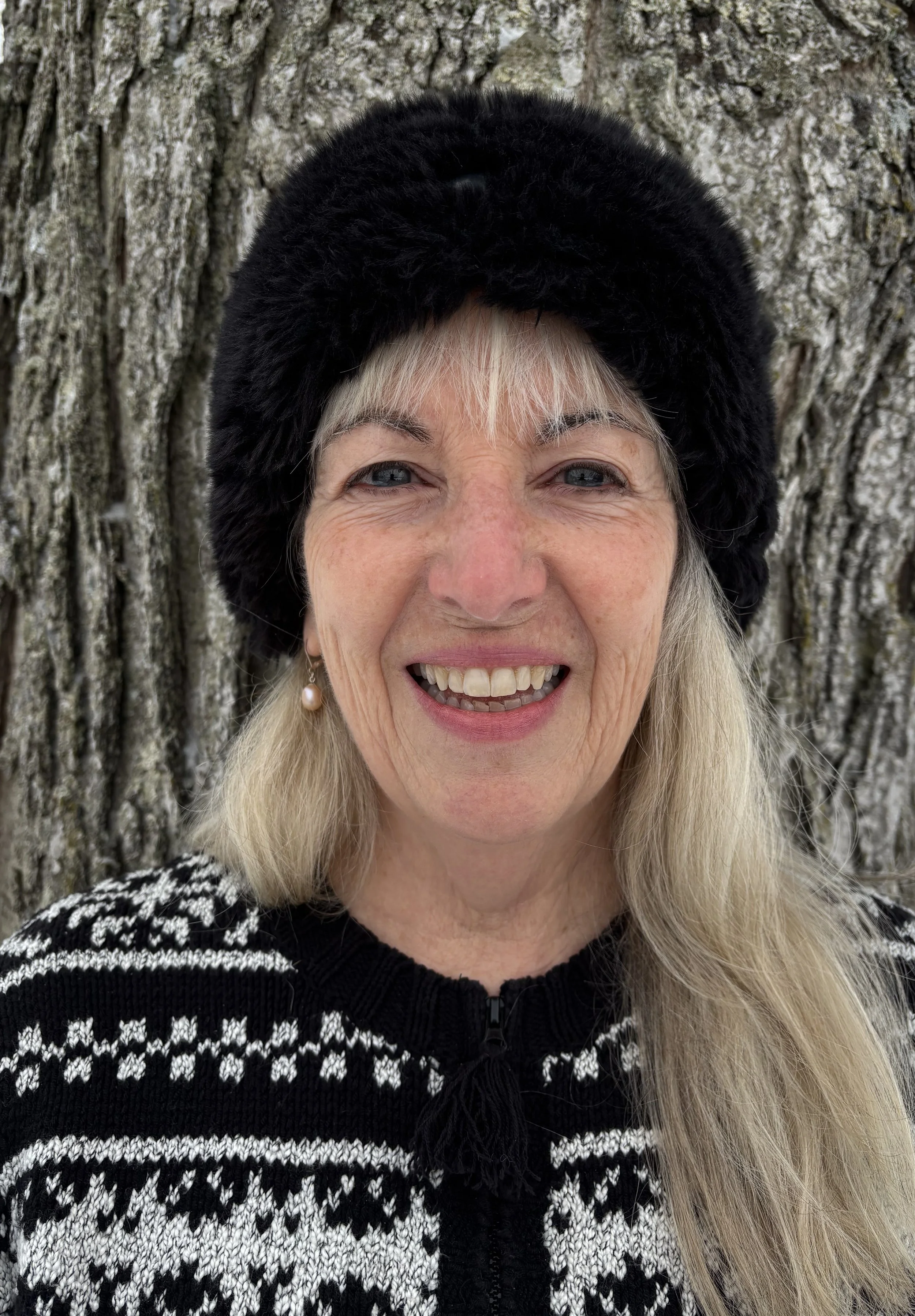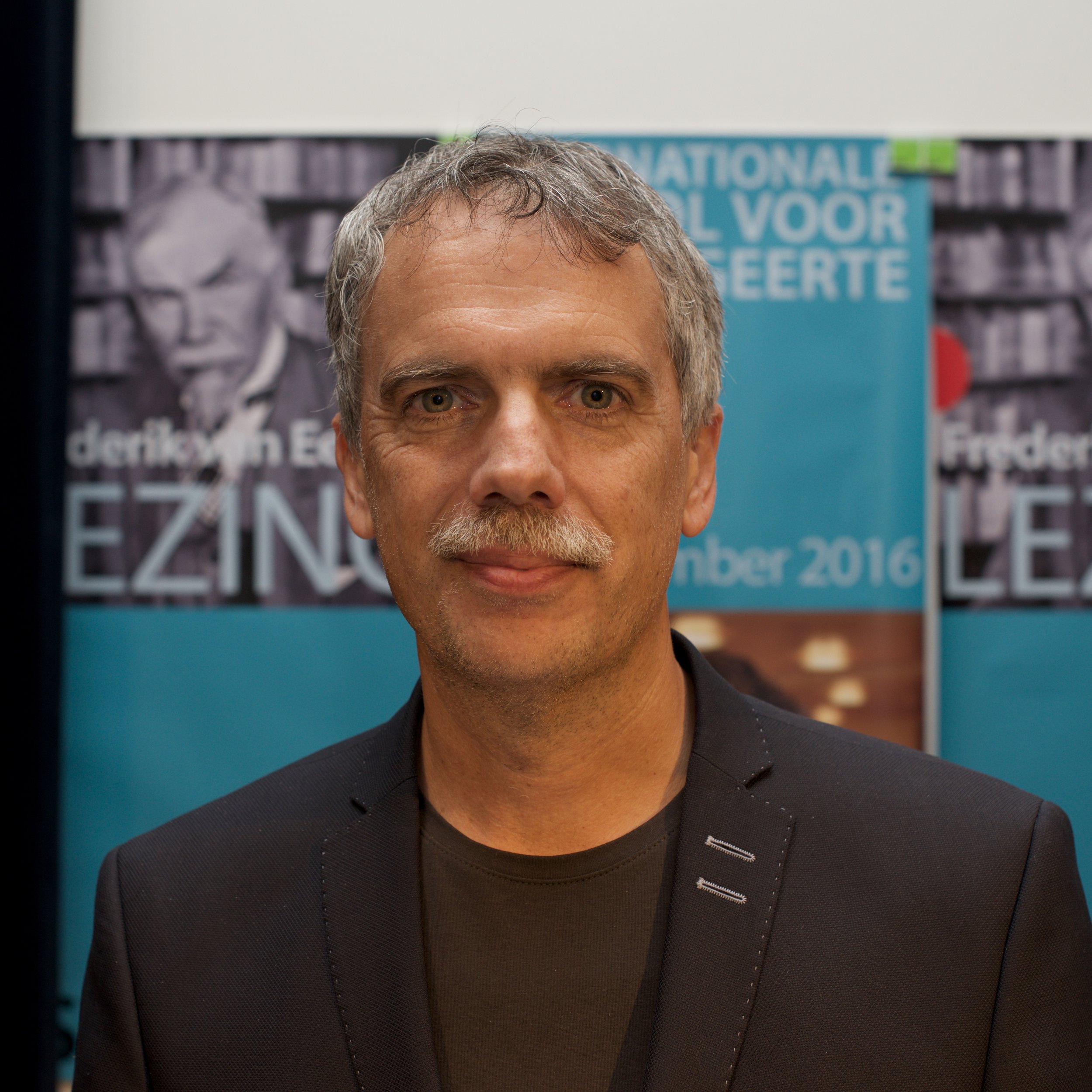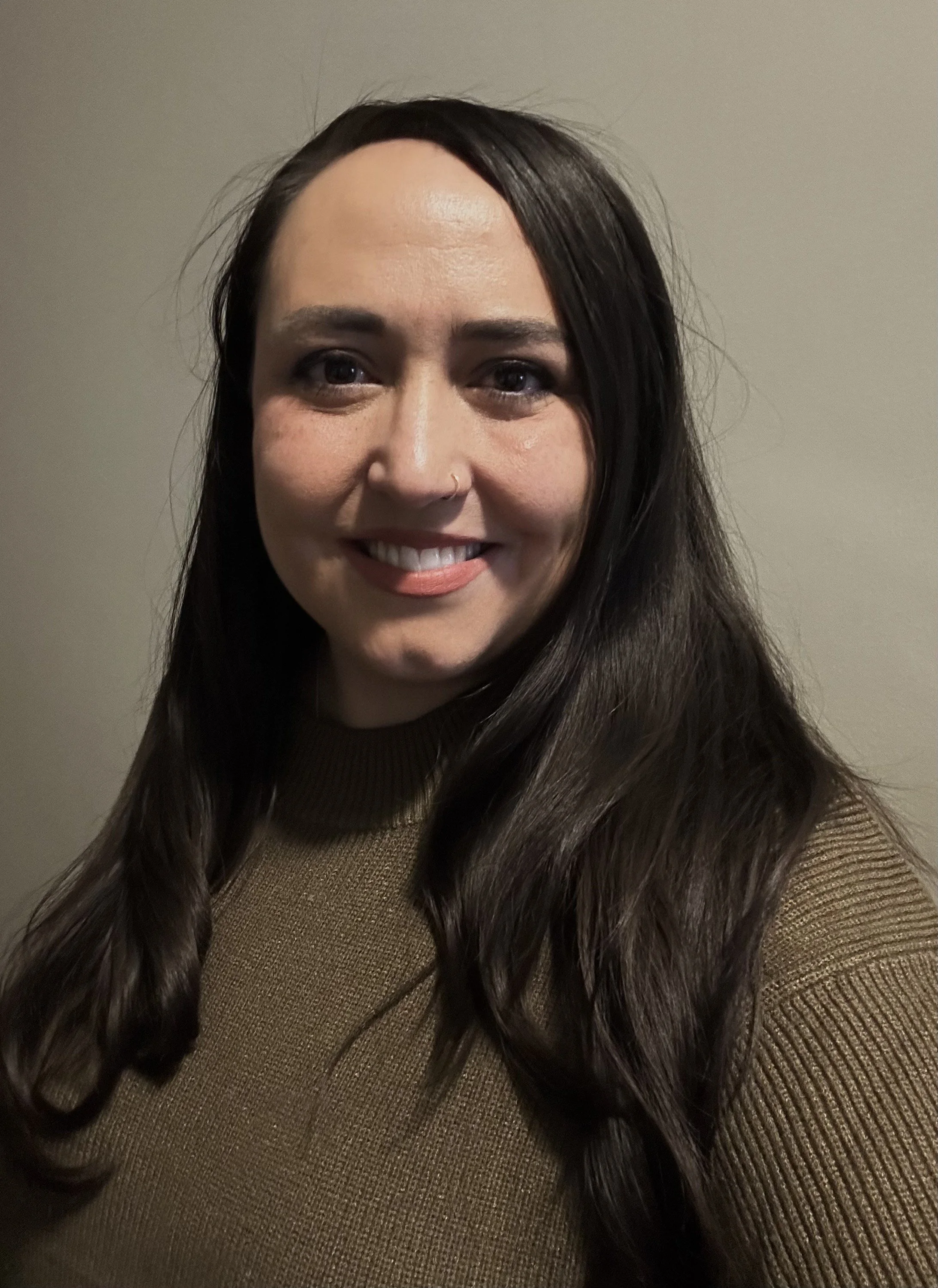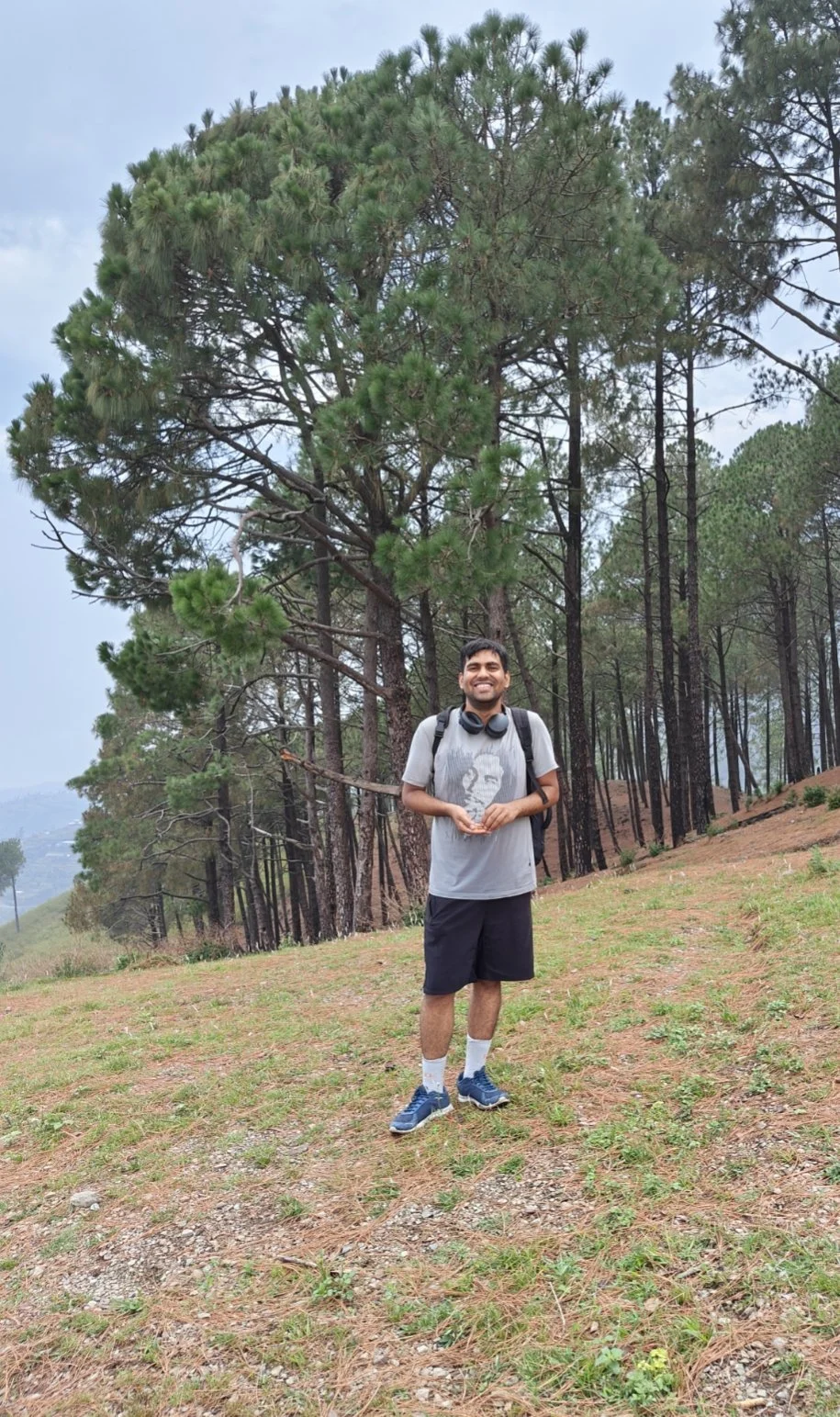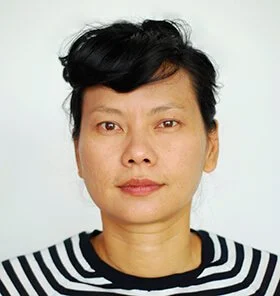Collective Members
Christiane Bailey
Christiane Bailey is a philosopher working as coordinator of the Social Justice Centre at Concordia University in Montreal, Québec. She published the book « La philosophie à l’abattoir. Réflexions sur le bacon, l’empathie et l’éthique animale » (Atelier 10, 2018). She is a member of Animals in Philosophy, Politics, Law, and Ethics (APPLE) and the Observatoire québécois du droit animalier (OQDA). Her research focuses on animal rights, on the moral capacities of nonhuman animals, on ecofeminist approaches to animal liberation as well as on direct actions to help animals. For more information: https://christianebailey.com/
Pablo P. Castello
Pablo P. Castello is a Research Fellow of the Animal Law and Policy Program at Harvard Law School. Drawing on his previous work on the relationship between visibility and political transformation, he is currently developing a book project that challenges the idea that “seeing is believing” and explores new ways to change people’s hearts and minds. Dr. Castello’s publication record includes several peer-reviewed articles in journals such as the American Political Science Review, the Critical Review of International Social and Political Philosophy, Biological Conservation, and Hypatia, as well as public media articles in outlets such as The Conversation and the Australian Broadcast Corporation.
Darren Chang
Darren Chang is a PhD student in the Department of Sociology and Social Policy at the University of Sydney, and a member of the Multispecies Justice collective at the Sydney Environment Institute. His research interests broadly include interspecies relations under colonialism and global capitalism, practices of solidarity and mutual aid across species in challenging oppressive powers, and social movement theories. Darren's current research (co-supervised by Danielle Celermajer and Dinesh Wadiwel) explores how animal sanctuaries could be generative sites for the emergence of solidarity between animal liberation and decolonization, and for prefiguring just multispecies relations. Darren’s case study examining the tensions between Indigenous and animal advocacy struggles in the commercial seal hunt was published in Colonialism and Animality: Anti-Colonial Perspectives in Critical Animal Studies (2020). Darren recently co-authored an article with Lauren Corman, titled “Multispecies Disposability,” which was published in a Special Topics issue of Animal Studies Journal on “Critical Animal Studies Perspectives on Covid-19.”
Rosemary Collard
Rosemary Collard is a human geographer and political ecologist whose research aims to develop political economic explanations for what scientists call defaunation. She combines primary field research with critical theory – especially feminist and postcolonial political economy, environmental justice, ecofeminism, and animal studies – to investigate how colonialism and capitalism have shaped animal life and relations between people and animals, especially wildlife. She has an ongoing project tracking the global exotic pet trade, and a new project on woodland caribou extirpation. She is an assistant professor in geography at Simon Fraser University and an editor of the journal EPE: Nature and Space.
Lauren Corman
Lauren Corman is an Associate Professor of Sociology at Brock University. She teaches in the areas of critical animal studies and contemporary social theory. Her early politics were forged in the crucible of the 90s Winnipeg punk scene and gender studies, catalyzing an enduring research interest in the racialized, classed, and gendered dynamics of slaughterhouse labour. Prior to Brock, she hosted the Animal Voices radio show, an animal advocacy program dedicated to social justice. She continues to interrogate “the question of the animal(s)” from intersectional, decolonial, and anti-capitalist perspectives. Her current foci include trauma, sociality, and interspecies subjectivity. She is working on a book about the complex histories of particularly vilified animals. She is the co-editor of Animal Subjects 2.0. and the first professor hired to specialize in critical animal studies.
Naisargi N. Davé
Naisargi N. Davé is Professor of Anthropology at the University of Toronto. Her work concerns interspecies ethics, politics, and relationality in contemporary India. Davé is the author of two award-winning books, Indifference: On the Praxis of Interspecies Being (2023) and Queer Activism in India: A Story in the Anthropology of Ethics (2012), both from Duke University Press. She is currently working on a third book, Murder: The Social Life of Violent Death in 21st Century India.
Maneesha Deckha
Maneesha Deckha is Professor and Lansdowne Chair in Law at the University of Victoria. Her research interests include critical animal studies, animal law, postcolonial feminist theory, and reproductive law and policy. She is the author of Animals as Legal Beings: Contesting Anthropocentric Legal Orders (2021). She is widely published and has received multiple grants from the Social Sciences and Humanities Research Council of Canada and other funding bodies. She also held the Fulbright Visiting Chair in Law and Society at New York University. She is currently completing a book project on feminism, postcolonialism and critical animal law and serves as the Director of the Animal Studies Research Initiative at the University of Victoria.
Sue Donaldson
Sue Donaldson is a research associate in the Department of Philosophy, Queen's University, and a co-convenor of the Animals in Philosophy,
Politics, Law and Ethics (A.P.P.L.E.) research group. Her publications include Zoopolis: A Political Theory of Animal Rights (OUP 2011) and
Animals and the Right to Politics (OUP 2025), both co-authored with Will Kymlicka, as well as many journal and popular media articles,
fiction, and a vegan recipe collection. Her work is broadly situated within the 'Political Turn' in animal rights, and reimagines politics to include animals not just as passive victims, but as social and culture beings who engage in world-making (with or without humans), and as political actors with the right to participate in collective self-governance. Sue also has a long history in animal activism including vegan education, replacing the use of animals in invasive research, and protesting the reintroduction of animal farming into Canada's prison system.
Stephanie Eccles
Stephanie Eccles is an early career researcher and educator whose research engages with human-animal relations within capitalist production in the context of crises. Working across political ecology/economy, critical animal geographies, labour environmentalism, environmental (in)justice, agrarian studies, Discard/waste studies, and energy humanities, Stephanie's work engages with key questions animating agricultural transformations. As a postdoctoral researcher at the Food and Agricultural Institute at the University of the Fraser Valley, she joins a team on a multi-year project, The Social Implications of Agri-Genomics: Ensuring a Just Transition to Climate-Resilient Agricultural and Food Systems in Canada, where she will lead research on questions of the labour implications in Canada from emerging agri-genomic technologies. Her dissertation, titled "Producing and Valorizing Industrial Animal Waste: Climate Change-Related Disasters and Waste-to-Energy Projects," examined the political processes of waste management that render industrial animal waste into value-added opportunities for agribusinesses during a moment where "everything but the squeal" is commodified. Fieldwork conducted in North Carolina (USA) and British Columbia (Canada) underlined the role of agricultural exceptionalism in these emerging waste economies, pointing to the need for cross-movement organizing to resist the entrenchment and expansion of industrial animal agriculture through waste frontiers, including the rise of Factory Farm Gas.
Jessica Eisen
Jessica Eisen is an Associate Professor at the University of Alberta Faculty of Law. Her research interests include animals and the law, constitutional and comparative constitutional law, equality and antidiscrimination law, feminist legal theory, intergenerational justice, and law and social movements. Professor Eisen’s research has been published in Journal of Law and Equality, Animal Law Review, Canadian Journal of Poverty Law, Transnational Legal Theory, Queen’s Law Journal, ICON: International Journal of Constitutional Law, University of British Columbia Law Review, Berkeley Journal of Gender, Law & Justice, and elsewhere. Jessica is co-hosting the 2025 meeting of NAACAS at the University of Alberta Faculty of Law in Edmonton.
Andrew Fenton
Andrew Fenton is a Professor of Philosophy at Dalhousie University. In his work discussing other animals, Fenton aims to emphasize the importance of their agency (including their preferences) and find ways to advance the treatment of other animals with “an eye to” rejecting the default prioritizing of human interests. He is also committed to supporting efforts to “globalize” approaches to epistemology, ethics, or the philosophy of mind that promise to enrich those “sites” of philosophical discussion and advocacy (especially in “animal friendly” ways). To date, Fenton has had the privilege of being a part of three book projects (either as a co-author or co- editor): The Three Pillars of Ethical Research with Nonhuman Primates: A Work Developed in Collaboration with the National Anti-Vivisection Society (Cambridge University Press, 2024); Chimpanzee Rights: The Philosophers’ Brief (Routledge, 2019), and Neuroethics and Nonhuman Animals (Springer, 2020). Fenton’s single authored or co-authored papers appear in such journals as Biology and Philosophy, Cambridge Quarterly of Healthcare Ethics, Canadian Journal of Law and Jurisprudence, Developing World Bioethics, Journal of Animal Ethics, and The Monist. He also has a number of single authored and co-authored blogs published on Impact Ethics (https://impactethics.ca/tag/andrew-fenton/).
Angela Fernandez
Angela Fernandez is a full professor at the Faculty of Law, University of Toronto where she is cross-appointed to the Department of History. She is supervisor of the Brooks Animal Law Digest: Canada Edition and works with the Bora Laskin Law Library on the Animal Law Research Guide. She co-authored (with Justin Marceau) “43 Lab Monkeys Escaped in South Carolina. They Have a Legal Claim to Freedom” Vox (11 November 2024) and discussed her book Pierson v. Post, the Hunt for the Fox: Law and Professionalization in American Legal Culture (Cambridge University Press, 2018) shortly thereafter with Marc Bekoff for Psychology Today “Who Owns Animals After They Break Free and Taste Freedom. It’s Far More Complicated than Most People Realize” (17 November 2024). In 2024, she testified before two Canadian Senate Standing Committees on animal-related bills and led a submission at her university to government on the new Right to a Healthy Environment. She is currently working on a co-authored book on a late nineteenth-century Supreme Court of Canada over-fishing case (with Bradley Miller for UBC Press in their Landmark Cases in Canadian Law series).
Carrie Lou Hamilton
Carrie Lou Hamilton is a freelance writer, editor and translator who grew up in Canada and lives in London, UK. She taught gender studies, history and Spanish in British universities for twenty years. Today she writes nonfiction on activism, animals, drug policy and harm reduction, feminism, history and veganism. Her recent publications includes the chapters The Skins I’m In in Chloë Taylor, ed., The Routledge Companion to Gender and Animals (2024) and Especismo y patriarcado [Speciesism and Patriarchy] in Catia Faria and Núria Almeron, eds., Especismo y lenguaje (2024). Her latest book is Veganism, Sex and Politics: Tales of Danger and Pleasure (2019). For more information on Carrie's writing and other work, go to carrielouhamilton.com.
Alexandra Isfahani-Hammond
Alexandra Isfahani-Hammond is Associate Professor Emeritus of Comparative Literature and Luso-Brazilian Studies at the University of California, San Diego. Her publications on Critical Animal Studies and the legacies of African enslavement include “Haunting Pigs, Swimming Jaguars: Mourning, Animals and Ayahuasca” (2019), “Akbar Stole My Heart: Coming Out as an Animalist” (2013), and White Negritude: Race, Writing and Brazilian Cultural Identity (2008). Her current book project, “Home Sick,” blends theory with creative nonfiction to meditate on grief, end of life, the medical-industrial complex, Islamophobia and the commodification of (human and nonhuman) animals. In addition to her scholarly publications, she has written for popular media including The Advocate, CounterPunch, Ms. Magazine, Truthout and Persianesque.
pattrice jones
pattrice jones is a cofounder of VINE Sanctuary, an LGBTQ-led farmed animal refuge working for social and environmental justice as well as animal liberation. pattrice's contributions to critical animal studies include one book -- The Oxen at the Intersection (2014) -- and numerous chapters in edited collections, including Animaladies (Gruen & Probyn-Ramsey, 2018), Animal Oppression and Capitalism (Nibert, 2017); Ecofeminism (Adams & Gruen, 2014); Sister Species (Kemmerer, 2011); Minding the Animal Psyche (Bradshaw, 2010); and Contemporary Anarchist Studies (2009) as well as articles in the journals Feminism & Psychology, QED: A Journal in GLBTQ Worldmaking, and the Australasian Animal Studies Journal.
Eve Kasprzycka
Eve Kasprzycka is an animal advocate, prison abolitionist and social theorist. While living and working on the unceded and active territory of the Sylix people, she teaches at the University of British Columbia, Okanagan. Her research bridges theoretical and intersectional perspectives on violence, governance and the industrial production of animals used for food and science. She is currently looking at gene editing technologies used in agricultural, de-extinction and bio-medical industries and its implications for animals, the climate crisis and democracy.
Will Kymlicka
Will Kymlicka is a professor in the Philosophy Department at Queen's University in Kingston, Canada, where he has taught since 1998. He is the co-author with Sue Donaldson of Zoopolis: A Political Theory of Animal Rights (Oxford University Press, 2011), and Animals and the Right to Politics (OUP, 2025). He co-directs the Animals in Philosophy, Politics, Law and Ethics research group at Queen’s University, including its postdoctoral fellowship program, and teaches courses in animals and political theory and in animals and the law.
Angela Lee
Angela Lee is an Assistant Professor of Law at the Lincoln Alexander School of Law in Toronto. Lee’s doctoral work develops a framework for "technology justice" in the context of Canada's agri-food sector. Her recent research examines the state of innovation policy in Canada, arguing that improved understanding and broadened conceptions of innovation are necessary in order to better direct innovation towards shared social and environmental ends. Lee teaches courses in Food Law and Animals and the Law. She is a co-editor of Food Law and Policy in Canada (Toronto: Carswell, 2019), and her research has been published in numerous peer-reviewed journals, including Animal Studies Journal, the UBC Law Review, the Dalhousie Law Journal, the Canadian Journal of Women and the Law, the Windsor Review of Legal and Social Issues, and Canadian Food Studies. She regularly shares her research at national and international fora. She is a board member of the Canadian Law and Society Association and a member of the Canadian Association of Food Law and Policy.
Emily Major
Emily Major is an early-career researcher who uses Critical Animal Studies, ecofeminist ethics of care, and intersectional anti-speciesist approaches with advocacy to promote empathy, compassion, and kindness to nonhuman animals. While she advocates for all species of animals, her current research interests are focused on species of animals ostracized in society, such as ‘pests’ or ‘invasive’ species. She was recently awarded the 2026 Junior Fellowship at the Centre for Animal Ethics at Universitat Pompeu Fabra (Barcelona) and is actively publishing on the vilification of animals and what that means for not only (nonhuman) animals themselves, but humans, too. While many academic pieces are in the works, she actively contributes to her community outreach blog, Framing Speciesism.
Tracy McDonald
Tracy McDonald is an associate professor of History at McMaster University in Ontario, Canada. Trained as an historian of Russia and the Soviet Union, and having worked in film and agrarian studies, her work now focuses on animals in a number of historical contexts. She has three current research projects. One is a study of the capture, transportation, and exhibition of exotic animals in the USSR, 1924-1964. The second looks at acclimatization of beaver and sea otters in the Soviet Union in the 1930s and 1940s. And, the third, is a biography of a young gorilla (1911-1915).
Letitia Meynell
Letitia Meynell is a professor of Philosophy and Gender and Women’s Studies at Dalhousie University. Her research has been published in various collections and journals, such as Hypatia, Biology and Philosophy, Synthese, Philosophy of Science, and Philosophy, Theory, and Practice in Biology. Her research increasingly addresses the scientific study of nonhuman animals and evolution (for instance, “Gendering Animals” and “Gaia—The Earth is an Organism (Not a Darwinian Individual,” both co-authored with Andrew Lopez). Her approach is not only species inclusive but sensitive to human diversity and the politics of knowledge. She has also co-authored several amicus curiae briefs in support of petitions for writs of habeas corpus brought forth by the Nonhuman Rights Project, the first of which was extended into a small book, Chimpanzee Rights: The Philosophers’ Brief (2019).
Kelly Struthers Montford
Kelly Struthers Montford is Associate Professor of Criminology at Toronto Metropolitan University. Previously she was an Assistant Professor of Sociology at the University of British Columbia Okanagan, and before that a postdoctoral research fellow in punishment, law, and social theory at the Centre for Criminology and Sociolegal Studies at the University of Toronto. Kelly received her Ph.D. in sociology from the University of Alberta in 2017. She is the co-editor of Colonialism and Animality: Anti-Colonial Perspectives in Critical Animal Studies (2020), Disability and Animality: Crip Perspectives in Critical Animal Studies (2020), and Building Abolition: Decarceration and Social Justice (2021). She has recently completed a co-authored book, Prison Animal Programs: Abolitionist Perspectives (under review with Palgrave), and is at work on a monograph on prison animals (under contract with Sydney University Press). Her research bridges settler colonial studies, punishment and captivity, animal studies, and law, and has been published in Radical Philosophy Review, the New Criminal Law Review, PhiloSophia, and the Canadian Journal of Women and the Law, among other venues. Jacques is featured with Kelly in the photo to the left, and can also be found in the photo of Dinesh Wadiwel below. Kelly is a co-founder of C-CAS and hosted the first meeting of the society in Toronto in 2022.
Karen Morin
Karen M. Morin is Presidential Professor of Geography Emerita, Bucknell University (Pennsylvania, USA) and Adjunct Professor, Faculty of Environmental and Urban Change, York University (Toronto). Among others she is the author of Carceral Space, Prisoners and Animals (Routledge 2018) and Cattle Trails and Animal Lives: The Founding of an American Carceral Archipelago (University of Georgia Press, 2025).
Parth Pant
Parth Pant is a Ph.D. Student at the Cinema Studies Institute at the University of Toronto, currently thinking through a project on creaturely presence/absence in twentieth-century Indian cinema. He is also interested in vegan aesthetics, the phenomenological account of vegan spectatorship, and the ethical charge of witnessing animal death on film. Apart from that, he is a member of the Indian Animal Studies Collective, an initiative that holds regular talks and conversations with critical animal studies scholars from around the globe.
Emelia Quinn
Emelia Quinn is Assistant Professor of Environmental Literatures and Animal Studies at the University of Ottawa. Her research is at the intersections of vegan studies, animal studies, and queer theory. She is author of Reading Veganism: The Monstrous Vegan, 1818 to Present (Oxford University Press, 2021) and co-editor of The Edinburgh Companion to Vegan Studies (Edinburgh University Press, 2022) and Thinking Veganism in Literature and Culture: Towards a Vegan Theory (Palgrave Macmillan, 2018). Her ongoing research turns to camp affect in the Anthropocene and has appeared in journals such as PMLA and GLQ.
Sal Renshaw
Sal Renshaw (PhD) is a professor in the Department of Gender Equality and Social Justice at Nipissing University where she has taught for more than 25 years. Over the last fifteen years Sal has focused her teaching and course development largely in the areas of interdisciplinary pedagogy and critical animal studies including the courses Animal Rites, Religion, Justice and Animals, Virtual Animals and Pets. She is the author of book, The Subject of Love: Hélène Cixous and the Feminine Divine (2009) and she is also the author of the article “The Homoerotics of Trophy Hunting” in The Routledge Companion to Gender and Animals (Chloë Taylor Ed). Sal is currently working on a new course and a paper entitled Sanctuary and Salvation which focuses on the politics and ethics both of how we might as well as what it means to be ‘saving animals’ during the Anthropocene.
Margaret Robinson
Margaret Robinson is a two-spirit L’nu scholar from Eskikewákik, and member of the Lennox Island First Nation. She holds a PhD from the University of Toronto and conducts community based research with Indigenous and LGBTQ+ people. Her research interests include the Indigenous New Wave art movement, non-status Indigenous identity, Mi’kmaw teaching methods, and food sovereignty. Margaret is a long time vegan who loves sunflower seeds and murder mysteries, and lives in Chezzetcook with her partner and four cats. She is an Assistant Professor at Dalhousie University in the Departments of English and of Sociology & Social Anthropology and is an Affiliate Scientist at the Centre for Addiction & Mental Health in Toronto.
Stephanie Rutherford
Dr. Stephanie Rutherford is professor in the School of the Environment at Trent University, where she has taught for the last 14 years. She is an award-winning author of two books: Villain, Vermin, Icon, Kin: Wolves and the Making of Canada and Governing the Wild. She thinks and writes about how people currently relate to wildlife and how to imagine new ways of doing so that are centred on justice.
Serrin Rutledge-Prior
Serrin Rutledge-Prior is the 2024-26 Postdoctoral Fellow in Animal Ethics at Queen’s University. Prior to this, she worked at the Australian National University’s Crawford School of Public Policy, and volunteered with the Animal Defenders Office, an Australian community legal centre serving animals and the humans who defend them. Her work is at the intersection of politics, law, and philosophy, and explores how political institutions and theory can better accommodate animals and other nonhumans.
Chloë Taylor
Chloë Taylor is Professor of Women’s and Gender Studies at the University of Alberta. She is the author of three books on Foucault, and the co-editor with Hasana Sharp of Feminist Philosophies of Life (2016), with Neil Dalal of Asian Perspectives on Animal Ethics (2014), with Stephanie Jenkins and Kelly Struthers Montford of Disability and Animality: Crip Perspectives in Critical Animal Studies (2020), and with Kelly Struthers Montford of Colonialism and Animality: Anti-Colonial Perspectives in Critical Animal Studies (2020) and Building Abolition: Decarceration and Social Justice (2021). With Kelly Struthers Montford and Eve Kasprzycka, Chloë also co-edited recent issues of Animal Studies Journal on Critical Animal Studies Perspectives on Covid-19 (2021) and Critical Animal Studies in an Age of Extinction (2023). Most recently Chloë edited The Routledge Companion to Gender and Animals (2024). She has recently completed a co-authored Anthropocene ABCs book (under contract with Fordham University Press) with jessie beier and Dylan Hall, and a co-authored book titled Prison Animal Programs: Abolitionist Perspectives with Kelly Struthers Montford (under review with Palgrave), and is beginning a new book project, Environmental and Multispecies Misanthropies. With Kelly Struthers Montford, she is the co-founder of C-CAS and has organized meetings of the society (then called NAACAS) with Kelly (in Toronto in 2022) and with her colleague Jessica Eisen (in Edmonton in 2025).
Sunaura Taylor
Sunaura Taylor is an Assistant Professor in the Department of Environmental Science, Policy and Management at the University of California, Berkeley, as well as an artist. She is the author of Beasts of Burden: Animal and Disability Liberation (2017), which received the 2018 American Book Award, and Disabled Ecologies: Lessons from a Wounded Desert (2024). Taylor has written for American Quarterly, New Labor Forum, Yes! Magazine and other outlets. Her artworks have been exhibited at venues such as the CUE Art Foundation and the Smithsonian Institution. Taylor holds an MFA in Art Practice from the University of California, Berkeley, and a PhD in American Studies in the Department of Social and Cultural Analysis from New York University.
M.H. Tse
M.H. (Man Ha) Tse is the 2024-2026 Inaugural Hadley Postdoctoral Fellow in Animal Law at the University of Toronto, Faculty of Law, where she is currently teaching a new animal law seminar on the laws of human and animal relations. M.H. received her S.J.D. from Harvard Law School, where she was affiliated with the Brooks McCormick Jr. Animal Law & Policy Program. M.H.’s main areas of research are animal law, property law, and resource extraction law. Her research examines the human practice of animal bodily extraction as a distinct form of violence which she has termed domestic predation and the distinct legal structure that sustains this practice as the law of predation.
M.H. is also the creator and director of The Museum of Human Predation, which she founded to investigate and interpret the era of human predation on other animals from a museological perspective. The mission of the Museum is to preserve a material record of the human practice of domestic predation on other animals and to provide a resource for public reflection on this practice. The Museum’s latest exhibit, Necessary Cruelty: The Legal Technology of Domestic Predation, is being presented at the Bora Laskin Law Library, at the University of Toronto in the 2025 Fall semester.
M.H.’s most recent publication “Hello From the Children of Planet Earth,” 40 A.Q.R. (2024): 128-137, for which she was awarded the 2026 Pushcart Prize.
Alex Ventimilla
Alex Ventimilla is a Ph.D. candidate in the Department of English and Film Studies at the University of Alberta whose research interests span across the environmental humanities. His doctoral research examines the politics of extinction with a focus on documentary representations of species conservation and biodiversity loss. His work has been published in Animal Studies Journal.
Dinesh Wadiwel
Dinesh Joseph Wadiwel is Associate Professor in Human Rights and Socio-legal Studies at the University of Sydney in Australia. Dinesh is author of the monographs, Animals and Capital (University of Edinburgh, 2024) and The War against Animals (Brill, 2015), and co-editor of Foucault and Animals (Brill, 2016) and Animals in the Anthropocene (University of Sydney Press, 2015). He has had over 15 years experience working within civil society organisations, including in anti-poverty and disability rights roles.
Zipporah Weisberg
Zipporah Weisberg is an adjunct professor in the Department of Classics and Religious Studies at the University of Ottawa. From 2023-2024, Zipporah held a one-year limitedterm appointment at the rank of Assistant Professor of Critical Animal Studies in the Department of Sociology at Brock University. In March 2021, Zipporah was awarded a Culture and Animals Foundation grant for her project on animal agency in animal sanctuaries. Zipporah completed her PhD in Social and Political Thought at York University in 2013, and was the inaugural Postdoctoral Fellow in Animal Ethics in the Department of Philosophy at Queen’s University from 2013-2015. Her areas of specialization include critical animal studies, the critical theory of the early Frankfurt School, and existentialism and phenomenology. Zipporah has published on a wide range of topics, including animal sanctuaries as forms of political refusal, climate justice and animal justice, the ethics and politics of cultured meat, the benefits and harms of animal assisted therapy, the ethical and ontological implications of biotechnology, and the psychopathology of speciesism. She is currently working on a book project on sanctuaries as a form of political refusal.
Tayler Zavitz
Tayler Zavitz is a PhD candidate and sessional instructor in the Sociology department at the University of Victoria. Her dissertation, When Empathy Becomes a Crime: The Repression and Criminalization of the Animal Rights Movement in Canada, explores the historical and contemporary experiences of Canadian animal activists associated with their repression and criminalization. Tayler also holds a Masters degree in Critical Sociology, with a focus in Critical Animal Studies, from Brock University.







